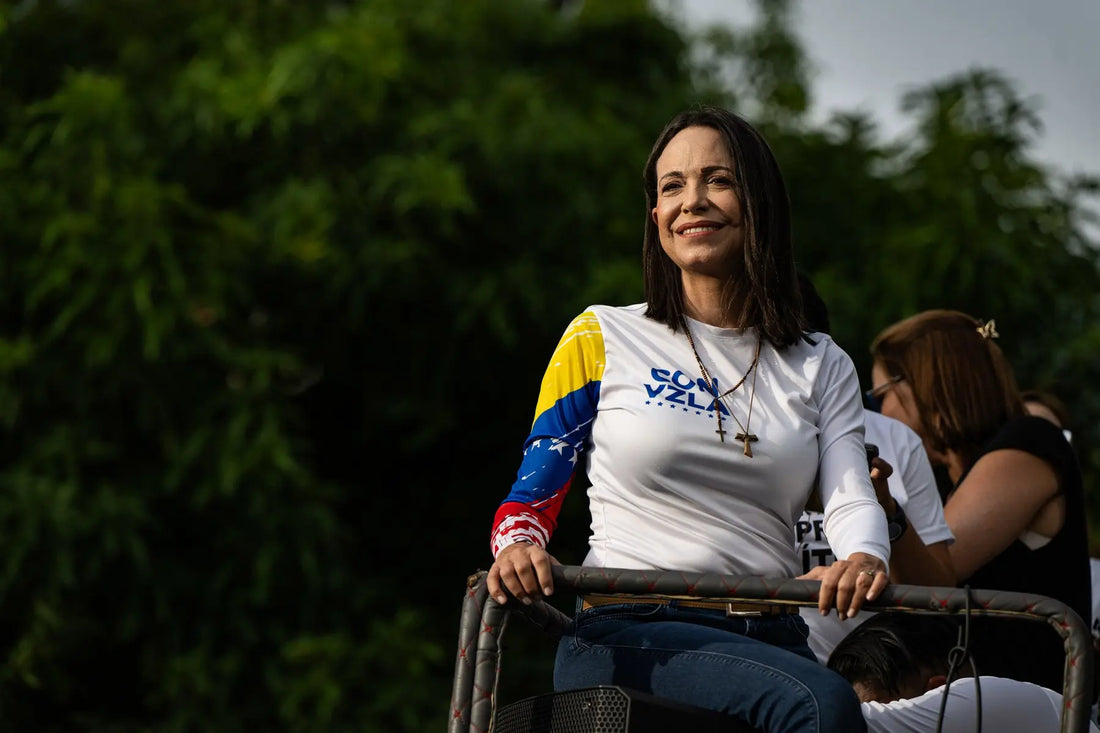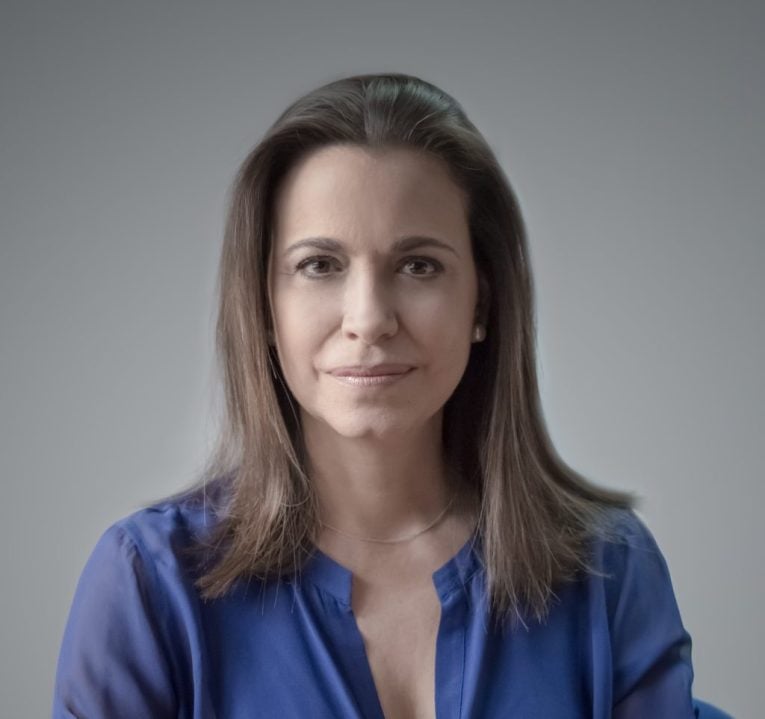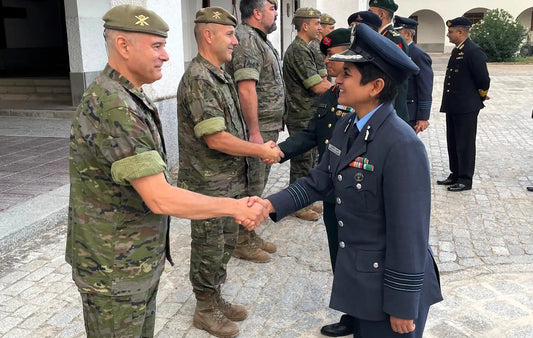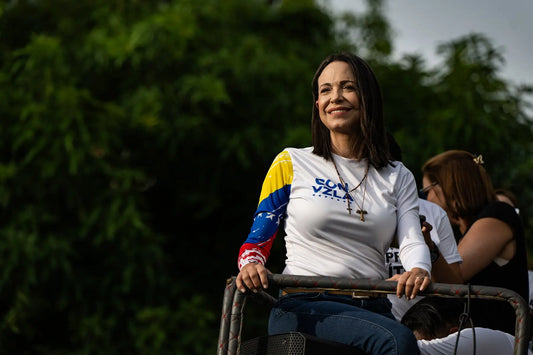Maria Corina Machado: 2025 Nobel Peace Prize Laureate for Advocating Venezuelan Democracy

María Corina Machado, a well-known Venezuelan politician and engineer, gained international recognition for her steadfast advocacy of democracy and her challenge to authoritarianism in Venezuela. On October 10, 2025, she was awarded the Nobel Peace Prize for her relentless dedication to democratic ideals and her efforts to facilitate a peaceful transition from dictatorship to democracy in Venezuela. This prestigious award highlights her significant role within the Venezuelan opposition, where she has been instrumental in mobilizing citizens, documenting electoral irregularities, and uniting diverse political factions against systemic oppression.
Early Life and Education
Born on October 7, 1967, in Caracas, Venezuela, María Corina Machado Parisca comes from a distinguished family with deep-rooted ties to Venezuelan society. She is the eldest of four daughters to psychologist Corina Parisca and steel industry entrepreneur Henrique Machado Zuloaga, with her family lineage including notable personalities such as descendants of the 3rd Marquis of Toro and relatives of acclaimed writers, artists, and revolutionaries. Machado pursued industrial engineering at Andrés Bello Catholic University and later obtained a master's degree in finance from the Instituto de Estudios Superiores de Administración (IESA) in Caracas. Her global perspective was further broadened in 2009 through her participation in Yale University's World Fellows Program.
Machado's early professional life involved a brief role in the automotive industry in Valencia before she moved back to Caracas in 1993. As a mother of three, she displayed early philanthropic tendencies by founding the Atenea Foundation in 1992, an organization aimed at supporting orphaned and delinquent street children through private donations. She later chaired the Opportunitas Foundation but resigned to avoid the politicization of her philanthropic efforts amid growing civic activism.

Entry into Politics and Key Organizations
Machado's entry into politics was in 2002, motivated by her concerns over Venezuela's direction under President Hugo Chávez. She co-founded Súmate with Alejandro Plaz, a non-governmental organization dedicated to promoting free and fair elections through voter education, training, and monitoring. Súmate was pivotal during the 2004 recall referendum against Chávez, collecting petitions and facing government accusations of treason and conspiracy due to its international funding, notably from the National Endowment for Democracy. These charges were later suspended, highlighting the challenging environment Machado navigated.
In 2012, she founded Vente Venezuela, a political party that she continues to lead as National Coordinator, advocating for popular capitalism, privatization, and democratic reforms. Her advocacy also includes international sanctions during Venezuela's crisis, banning presidential reelection, legalizing same-sex marriage and medical cannabis, and initiating national debates on issues such as abortion.
Political Career and Opposition Leadership
In 2010, Machado was elected to the National Assembly representing Miranda state, securing a record number of votes as part of the opposition Coalition for Democratic Unity (MUD). Her term was characterized by direct confrontations with the government, including a notable clash with Chávez during his 2012 State of the Nation address on topics such as crime and economic shortages. However, in 2014, she was expelled from office after appearing as Panama's alternate envoy at the Organization of American States to discuss ongoing protests, an action considered illegal by opposition members.
Machado became a leading radical voice in the opposition, co-leading the 2014 protests with initiatives like "La Salida" alongside Leopoldo López. She endured numerous attacks, including physical assaults during rallies and a 2013 National Assembly brawl that left her with a broken nose. In 2017, she helped form the Soy Venezuela alliance to unite pro-democracy forces across political lines. During the 2019 presidential crisis, she positioned herself for potential candidacy amid Juan Guaidó's interim presidency efforts.
Role in the 2024 Elections
In 2023, Machado declared her candidacy for the 2024 presidential election, winning the opposition primaries despite facing a 15-year disqualification imposed by the Maduro regime. Unable to run, she endorsed Edmundo González Urrutia, rallying substantial support and documenting electoral fraud following the contested July 28 results, where the opposition declared victory. During this tumultuous period, Machado went into hiding but continued to publish analyses supporting the opposition's claim of victory amid government crackdowns.
The 2025 Nobel Peace Prize
The Norwegian Nobel Committee awarded Machado the 2025 Peace Prize for her "tireless work promoting democratic rights for the people of Venezuela" and her efforts to achieve a "just and peaceful transition from dictatorship to democracy." This honor places her among global democracy advocates, highlighting its critical role in fostering peace both within and among nations. Machado's receipt of earlier accolades, such as the 2024 Václav Havel Human Rights Prize and the Sakharov Prize (shared with González), foreshadowed this esteemed recognition.
Recent Developments
In early 2025, Machado re-emerged at a rally in Chacao, where she faced an attempted arrest by regime forces involving vehicle interception and gunfire. Although briefly detained, she was released and reaffirmed her dedication to the democratic cause. Her inclusion in Time's 100 Most Influential People for 2025 further solidifies her global influence.



















